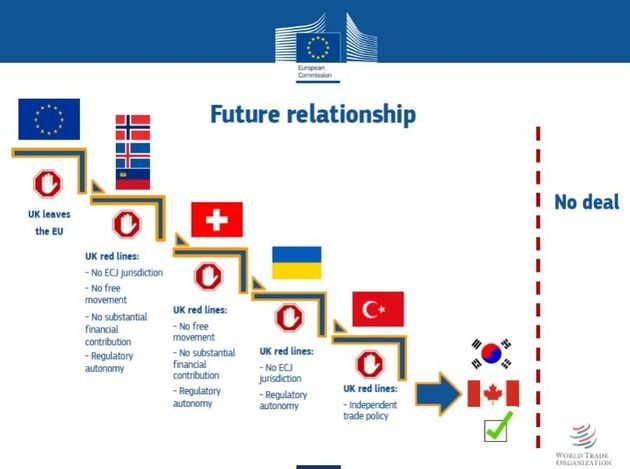Let's just start with your title question:
Why is the UK blaming the EU
Boris Johnson and every Brexiteer have a choice: blame themselves or blame the EU. They're not going to ever accept any blame themselves, so they will blame the EU for anything they think is unpopular.
Cynical politicians will not be the ones to stand up and say "My Fault !".
So expect more of the same.
One problem here is that UK voters seem to pay no attention at all to what is actually said by the EU. Their news is mostly fed via sources "they trust" - i.e. they choose sources that confirm their biases. Instead, people describe anything they don't already believe as "biased".
So in this climate ("us" and "them") in the UK, there's no checks and no balances to blaming the "them" and in this case that's the EU.
The EU, while exasperated by all this, has been planning with the expectation the UK would be daft enough to go for a no deal Brexit for a long time. My impression is that EU negotiators have regarded the UK as not engaging in negotiations for a long time.
and what does the UK want ?
To eat the cake while still having the cake.
The UK "position" has always been that they should have free access to EU markets without having to obey the same rules as every other business in the EU ("the level playing field" concept), rules other non-EU countries in trade agreements with the EU also have to obey.
It's the EU's marketplace - their pitch, their rules. Seems reasonable to me.
The UK present a level playing as "no rules for the UK", which of course is completely unacceptable to anyone in the EU, which is why the EU is in the rare position of being 100% united on its position on Brexit.
There never was (from the referendum on) any single unified UK position on what the UK actually wants from Brexit. There was no (realistic) plan, there is no plan and it seems quite like that when the UK "drives off the cliff edge" at the end of the year 2020, there will still be no plan.
What the UK wants is everything it had inside the EU without being subject to the rules that define that market.
No one will ever get that - it would be absurd for the EU to grant that wish.
And now that quote from the UK's foreign minister:
what we can't have is the EU seeking to erect a border down the Irish Sea between Northern Ireland and Britain
This is what the UK agreed to under international law.
It was not hidden in the text, in the small print (and even if it was, the UK helped write that text and has a lot of lawyers for reading small print). They were not duped, tricked or pressured. They wrote it. It was, in fact, the single most important aspect that allowed a withdrawal agreement to be agreed.
They now have an international agreement they want to get out of.
What happens when you do that? No one trusts you.
Japan won't ratify the proposed trade deal it has (which is very favorable to Japan) until after Brexit is complete. Why? They want to see if the UK will stick to its agreements. How likely is it that the Japanese will ratify a deal with a country that (if things continue as they are) will have broken another international deal with a trading partner (the EU) that is orders of magnitude more important to them than the UK?
Not very, I think.
The US (even the Republican party with Trump at the helm !) has already made it clear that breaking international law is a non-starter and will make a trade deal with the US "problematic". (And if Brexiteers think the EU is unfair, wait until you see US trade terms.)
Risking stability and peace in Northern Ireland for that is staggeringly irresponsible, but it's apparently what the UK government is willing to do. The other thing being risked is that the UK will become something of a pariah if it violates international agreements.
The UK wants everything and will never get it. That is the nub of the problem.
